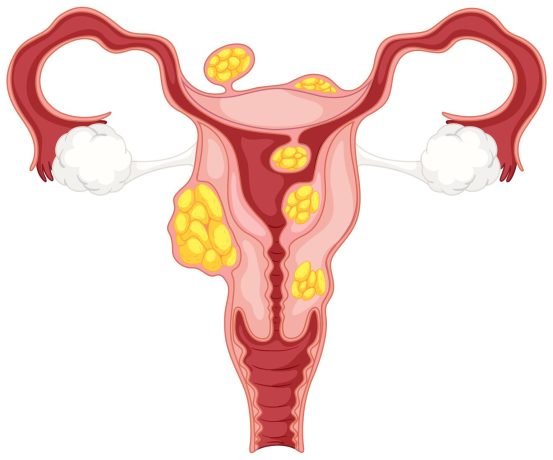
Polycystic ovary syndrome (PCOS), also known as polycystic ovary disorder (PCOD), is a hormonal disorder that affects women of reproductive age. While there is no known cure for PCOS, there are a number of therapies that can help manage the symptoms and improve overall health. Therapy for PCOS may include a combination of medical interventions, lifestyle changes, and mental health support.
One type of therapy that can be helpful for PCOS is cognitive-behavioral therapy (CBT). This approach focuses on identifying negative patterns of thought and behavior that may be contributing to symptoms such as anxiety, depression, and poor self-esteem. CBT can help individuals develop strategies for managing these symptoms and improving overall quality of life.
Another type of therapy that may be helpful for PCOS is nutritional counseling. Many women with PCOS have insulin resistance, which can lead to weight gain, high blood sugar levels, and other health problems. A registered dietitian can work with individuals to develop a healthy eating plan that balances nutrient intake and promotes stable blood sugar levels.
In addition to these therapies, medications may also be prescribed to manage specific symptoms of PCOS, such as irregular periods, excess hair growth, and acne. Hormonal birth control is a common treatment option, as it can help regulate the menstrual cycle and reduce the production of male hormones.
Overall, PCOS treatment in therapy typically involves a comprehensive approach that addresses the physical, emotional, and psychological aspects of the condition. By working with a team of healthcare professionals, individuals with PCOS can manage their symptoms and improve their overall health and well-being.

